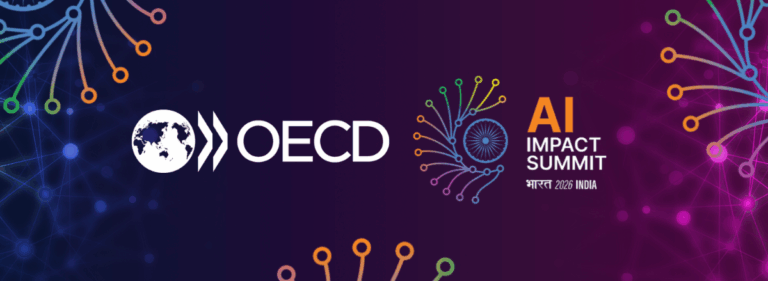How Australia takes a global approach to human-centred AI for maximum benefits
For Australia, a human-centred approach to AI means ensuring that it enhances human, social and environmental wellbeing. To contribute to wellbeing, AI has to be fair, secure, reliable, transparent and contestable. And of course, it has to protect privacy.
Throughout their lifecycle, AI systems must benefit individuals and society without interfering with human freedom, autonomy or any of the inalienable rights that we associate with democracy. Many of our global partners feel the same way, and we have made it a priority to work with like-minded nations to advance innovation in-line with our shared principles and values. For example, we have enhanced cooperation on artificial intelligence (AI) research and development with international partners and are working with G7, G20 and OECD countries on AI ethics. Australia’s AI Ethics Principles draw on the OECD’s Principles on AI, and lessons learnt from this process will be shared with the international community.
Standards Australia (our national standards body) is participating in the International Standardisation Organisation and International Electrotechnical Commission joint standard setting committee on AI standards, and Australia’s Human Rights Commission and the World Economic Forum are working together to explore models of governance and leadership in AI.

Unlocking the potential of AI for economic recovery and social wellbeing
Australia sees huge potential in AI’s ability to increase the productivity and competitiveness of businesses and therefore social and economic benefits. AI can help to develop new consumer products while making services more accessible and inclusive for the broader community
Australia’s economy has been put into ‘hibernation’ due to the coronavirus outbreak. Although the nation has fared relatively well in terms of containing the spread of the vthere are still uncertainties on the path to economic recovery relating to the disease—the chances of a second wave, the prospects of a vaccine and some social distancing measures kept in place— that may slow Australia’s way to economic growth.
As in other advanced economies, the Australian Government is increasing their spending to support and avoid drastic disruptions in the economy. The need to lift productivity and boost innovation activity will increase in importance as Australia comes back to fiscal balance in the post-COVID 19 world.
AI and automation can help Australia navigate and address in the challenges presented by the COVID-19 pandemic. . These technologies can provide flexibility in the production and delivery of goods and services as it can help businesses better adapt to uncertain supply and demand, adjust to disruptions in operations and supply chains, and adapt to new consumption patterns. They have also the potential to add up to AUD $2.2 trillion to the economy by 2030 and change the way its citizens live and work by changing some jobs and creating many more.
Along with its potential benefits, this opportunity brings significant challenges. Not least of which is how to develop ethical AI practices and the consequences that the speed and scale of AI technology will have on the workforce.
As a way of leveraging these opportunities while appropriately manage the risks, Australia is looking for ways to maximise AI ‘s benefits of for all Australians. This includes instilling transparency, trust and accountability in AI.
The Australian Government is partnering with industry, academia and other stake holders to help turn AI’s potential into reality by shaping policies that focus on:
Improving social licence and trust. Australia wants to increase public awareness and understanding of AI technologies and their potential benefits, in part because increasing public trust in AI technologies is essential for achieving widespread adoption of AI. Greater trust will help businesses and governments to become trusted users and developers of AI applications.
Enhancing skills, education and training. To avoid a digital divide in AI skills, individuals and businesses need tools to help them identify career paths and access training. These tools can take the form of policies that ensure that the education system remains inclusive, responsive and adaptive as the demand for AI skills changes.
Finding a balanced regulatory approach. The Australian Government wants to ensure that our regulatory approach to AI is fit for purpose and flexible. We must strike the right balance between encouraging innovation in AI technologies and safeguarding the Australian community by ensuring transparency and accountability.
Harnessing AI to solve major issues and create new economic opportunities. AI-based solutions can help to face societal challenges, boost productivity and even build new industries. We should focus on areas where Australia has existing strengths and capabilities in AI and opportunities to export those solutions worldwide.
Note: The author of this article moved to different work area after publishing this article.

































